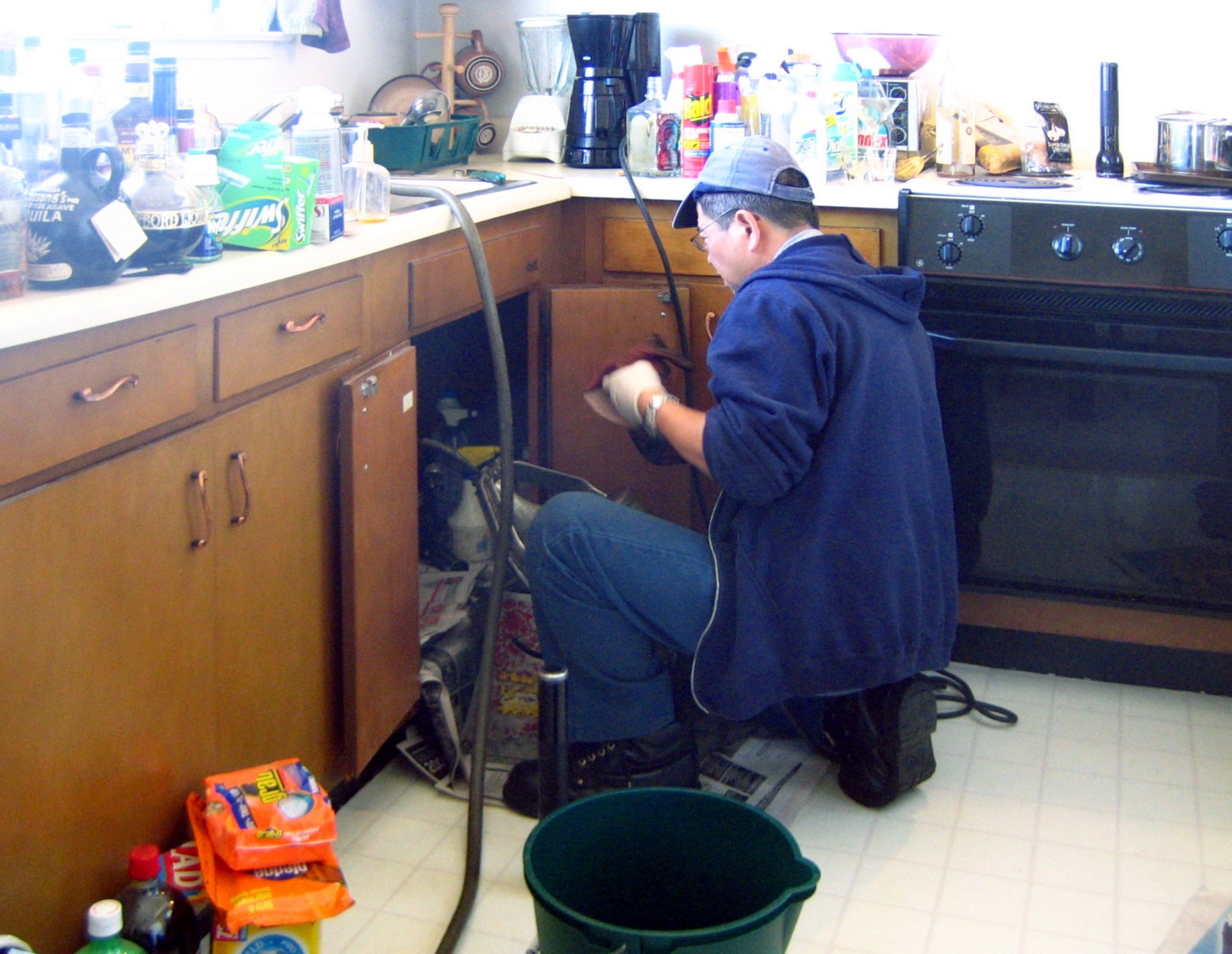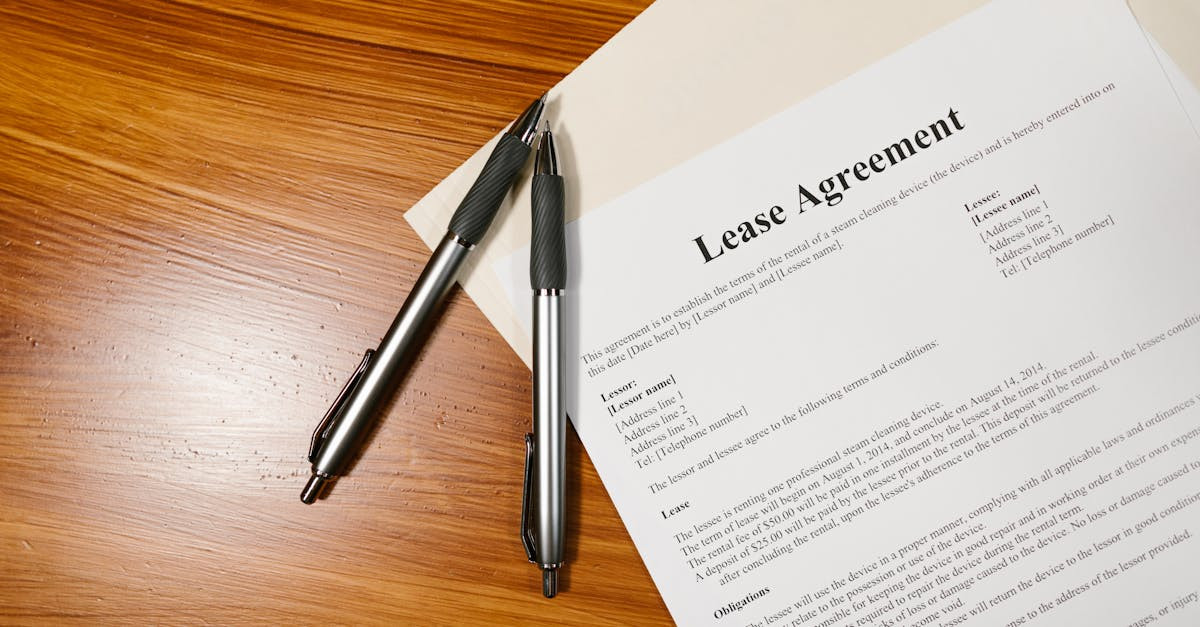Being a landlord is often seen as a path to passive income and long-term wealth but there are many hazards that can turn a promising investment into a nightmare. From problem tenants to maintenance headaches, landlords must be prepared to do more than just collect rent. Knowing how to handle problems when they arise is key to protecting your property, your finances—and your sanity!
The Risk Of Problem Tenants
Even with thorough screening, tenants can become a source of major issues. Late payments, property damage, noise complaints, or even illegal activity can occur unexpectedly. A good lease agreement helps, but enforcing it can be costly and time-consuming if eviction becomes necessary.
When Repairs Become Endless
Minor repairs are part of being a landlord, but unexpected structural problems, plumbing failures, or electrical issues—especially in older homes or basement units—can spiral into expensive emergencies. These surprise costs can wipe out rental profits if you don’t have a solid maintenance fund.
Legal Pitfalls And Liability
Landlords must comply with local housing laws, safety codes, and tenant rights regulations. A small oversight, like improper notice for entry or failing to meet ventilation standards in a basement unit, can lead to fines or lawsuits. Staying informed about legal obligations is critical.
Vacancy Periods That Drain Cash Flow
An empty unit doesn’t just pause income—it actively costs you money. Mortgage payments, utilities, and maintenance continue even when there’s no tenant. Unexpected vacancies due to market shifts or tenant turnover can destabilize your finances if you haven’t planned for downtime.
Neighbor Disputes That Drag You In
If your tenants disturb neighbors—whether through noise, parking issues, or other behavior—you may find yourself mediating disputes you never anticipated. A tenant’s actions can damage your reputation in the neighborhood and even attract attention from local authorities or housing boards.
Property Damage Beyond The Security Deposit
While security deposits offer some protection, severe tenant damage can far exceed what you’ve collected. There are some real horror stories out there. From broken appliances to intentional vandalism or undiscovered water leaks, repairs can be extensive—and recovering costs through legal action isn’t always successful.
Build A Financial Cushion
Always maintain a reserve fund specifically for rental property emergencies. Aim for at least three to six months' worth of expenses, including mortgage payments, to cover repairs, vacancies, or legal fees without jeopardizing your personal finances.
Know Your Local Laws
Stay educated about landlord-tenant regulations in your area. Join landlord associations, consult property lawyers, or take courses to ensure your lease agreements, eviction processes, and property conditions meet legal standards and protect you from liability.
Screen Tenants Thoroughly
Invest time in background checks, credit reports, and reference calls. While no screening process is foolproof, careful selection reduces the risk of problematic tenants. Trust your instincts—if something feels off during interviews, it’s better to wait for a qualified renter.
Conduct Regular Inspections
Schedule periodic property inspections with proper notice. This helps catch maintenance issues early and ensures tenants are respecting the space. Document everything to create a clear record in case disputes arise later.
 photo taken by flickr user rick, Wikimedia Commons
photo taken by flickr user rick, Wikimedia Commons
Consider Hiring A Property Manager
If managing tenants and maintenance becomes overwhelming, a property manager can handle day-to-day responsibilities. Though they charge a fee, their expertise can save you from costly mistakes and free up your time—especially if you own multiple units.
Be A Prepared Landlord, Not Just An Optimistic One
Renting out property isn’t as passive as it seems. The unexpected hazards of being a landlord can turn profitable ventures into financial headaches without proper preparation. By building safeguards, staying informed, and approaching property management proactively, you can navigate challenges and ensure that when things go wrong—as they often do—you’re ready to handle them effectively.
You May Also Like:
How To Achieve Financial Freedom
Want To Buy A Home? These Are The Cheapest And Most Expensive States, According To Data
Warren Buffett's Most Indispensable Financial Advice










